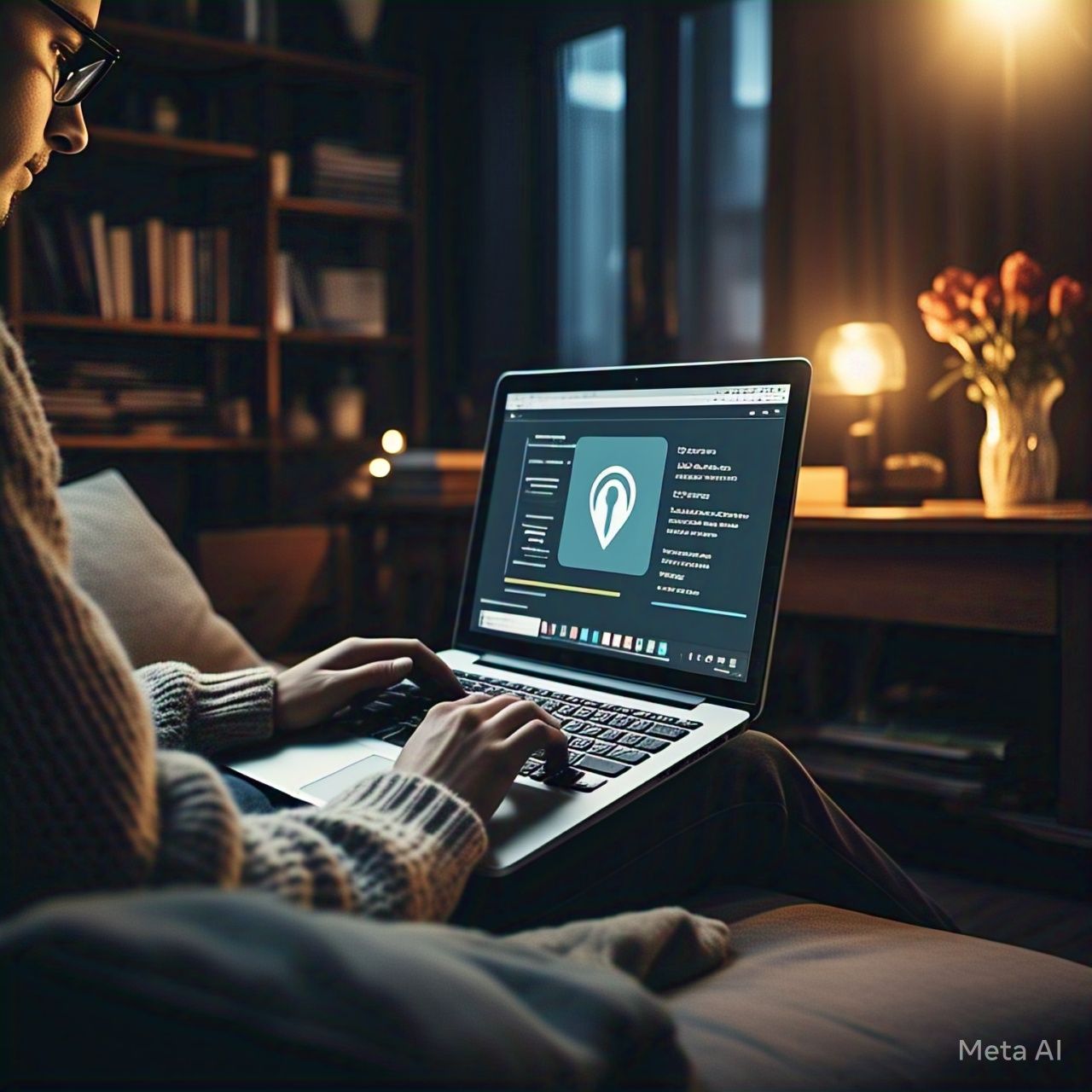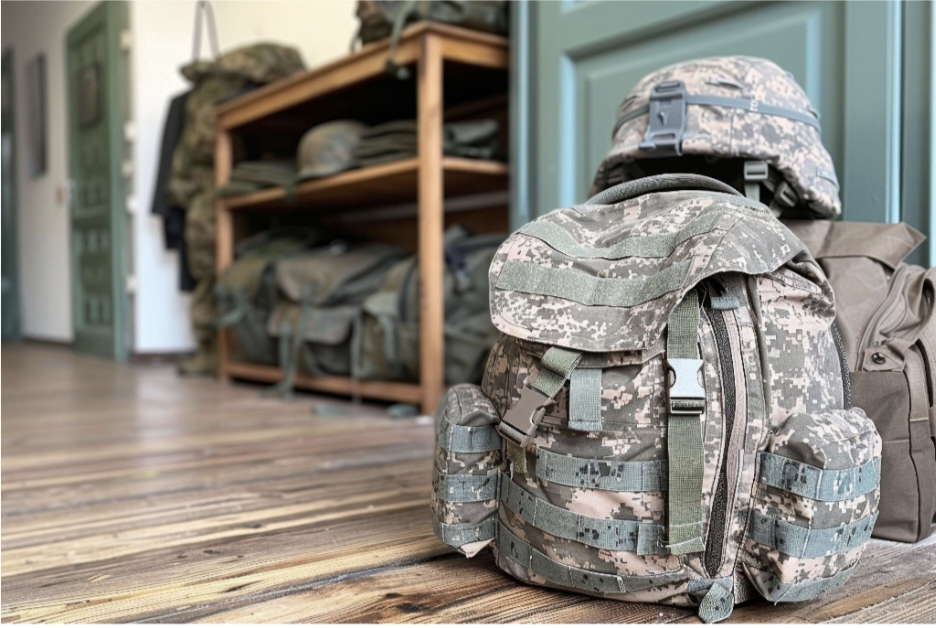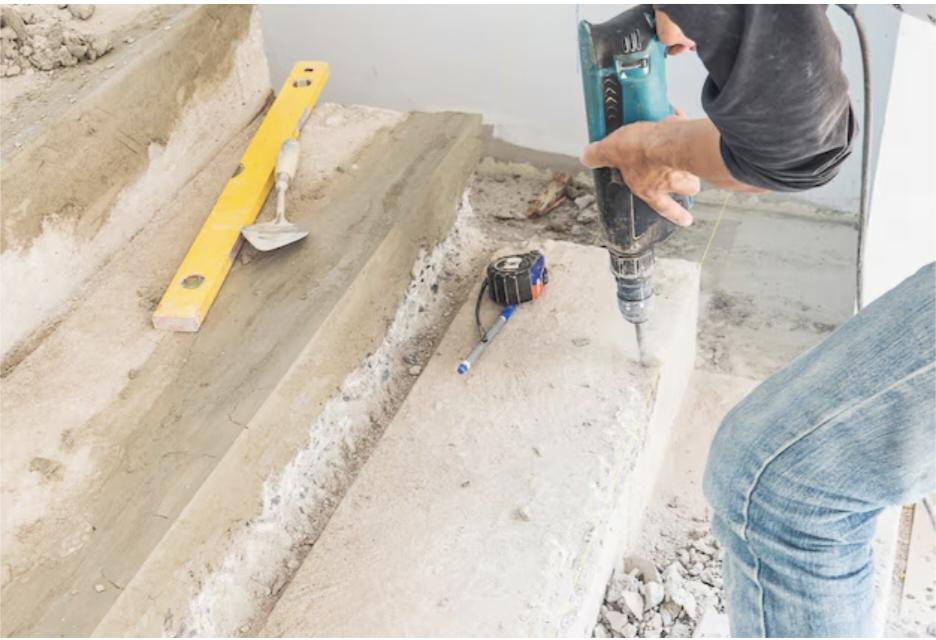In the past, only the most hardcore of tech enthusiasts used—or were even known about—virtual private networks (VPNs).
But today, VPNs are not only widely and easily accessible, they present a whole host of benefits for your average internet user. Despite this, the majority of Americans still don’t use or know of VPNs.
In this article, we’ll explore why those people are missing out. Here are 5 daily-life use cases where regular people can benefit greatly from using VPNs.
What does a VPN do?
A VPN establishes a private connection between your device and a server by the VPN provider.
This creates a private, point-to-point connection where external parties—like hackers, your internet service providers, and government agencies—can’t access your data as easily.
Think of it this way if you’re not a technology nerd:
When going from your house to your office, you usually take Street A—but Street A has X-ray-powered surveillance cameras all around! Everything you do inside the car can be seen by these cameras.
VPNs act as an alternative route—a Street B, if you will—with no security cameras, keeping your privacy safe!
1. Public Wi-Fi Security
Many establishments, like malls, hotels, and airports—and especially places like coffee shops and public libraries, where students and remote workers stay for hours to work or study—now offer public Wi-Fi.
While this is incredibly convenient, these networks are actually notoriously insecure. Why?
When connected to these public networks, people on the network can actually easily see what you’re doing with the connection. They can see things like:
- The websites you’re browsing;
- The things you’re typing (like your log-in credentials or private messages);
- Payment details;
- Your device’s hardware information.
And so these networks are often a prime target for hackers and other cybercriminals. Your data is simply just out there in the open, ripe for the taking!
With a VPN, your connection is encrypted, making it far harder for people connected to that Wi-Fi network to see what you’re doing on the internet.
2. Bypassing Geo-Restrictions
When connecting to a VPN server, you’re actually connecting to a remote server located in a different geophysical location.
VPN providers like Surfshark often provide an array of servers with different geographical locations to connect to.
So, if you connect to, say, a VPN server in Germany, the websites that you’re visiting will think that you’re physically located in Germany (even if you’re in another country).
This comes in extremely handy for bypassing geographical restrictions. As you may know, streaming services like Netflix, Hulu, or BBC iPlayer often restrict some shows and movies from certain geographical regions due to licensing agreements.
With a VPN, you can connect to a server in a country where those shows are available and watch them.
Other websites or servers—like news sites, game servers, and shopping services—that are not available everywhere on the planet can easily be accessed with a VPN.
3. Online Shopping and Travel Deals
But that’s not the only benefit of changing your location.
Pricing for products like flight tickets, hotel bookings, and other online shopping items often varies based on your location.
This is because retailers and travel websites use cookies and your IP address to offer region-specific pricing. For example, the same product may be slightly cheaper in countries with lower average income levels.
So this means that a flight may cost significantly more when booked from one country than from another—even if the destination and place of departure remain the same.
So with a VPN, you can compare prices by switching between servers in different countries. Then simply buy with the cheapest geographical location.
This trick can save you a lot of money.
4. Avoiding Bandwidth Throttling
Did you know that ISPs can monitor your internet activity? After all, you are connected to their servers.
So, if you’ve ever noticed your internet slowing down during certain activities like streaming, downloading large files, or online gaming—or any heavy kind of internet usage—your ISP could be throttling your bandwidth.
(Or slowing your internet connection down, in layman’s terms).
Why do they do this? To manage network congestion—or push you into upgrading to a more expensive internet plan.
A VPN encrypts your internet activity, effectively hiding it from your ISP. Now, they have no good reason to throttle your bandwidth, and you can enjoy faster and more consistent internet speeds.
5. Privacy and Anonymity
Every time you go online, you leave a digital footprint—or a trace of everything you do on the internet.
Websites track your behavior through cookies, advertisers build profiles based on your browsing habits, and your ISP can monitor the sites you visit.
Over time, this behavioral data can be sold to third parties, which they then use to craft more targeted (or more invasive) ad campaigns. Even governments can demand such data from ISPs.
Using a VPN masks your IP address and consequently encrypts your online activity, which then helps you maintain anonymity.
This is why VPNs are often used by those performing top-secret research, activists in politically compromised countries, or just people who value their online privacy.
Conclusion
The world is getting increasingly digitized, cyber threats are getting stronger, and more and more geographical restrictions now exist.
If you want a safer, smoother, and freer browsing experience, then a VPN is the first step to achieving that.





